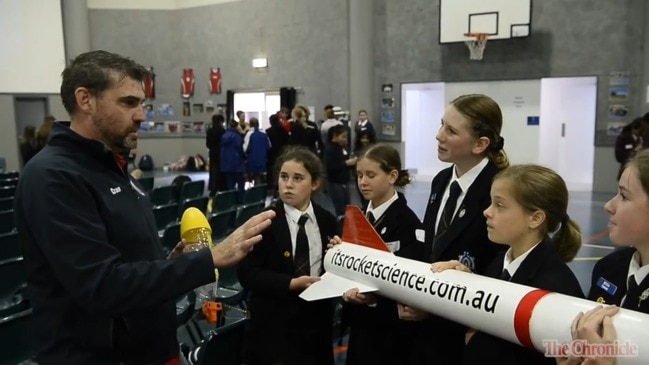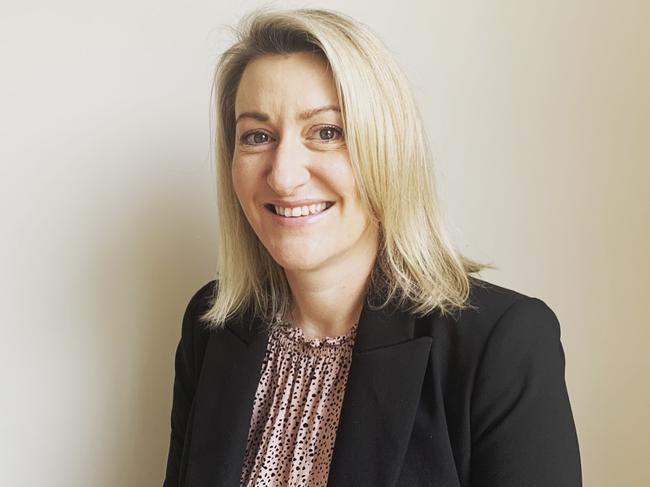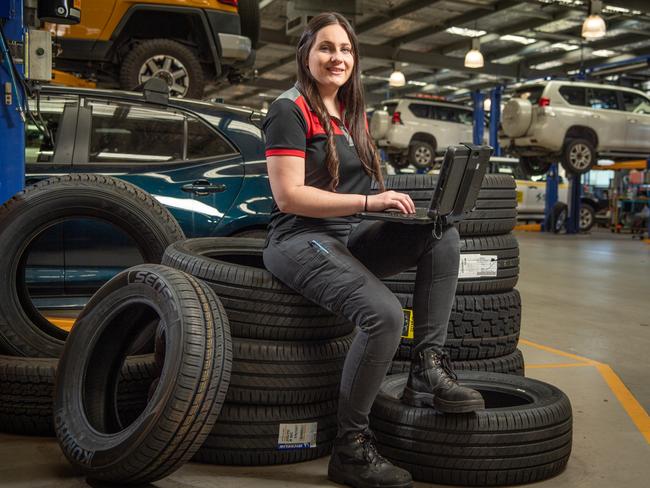Data reveals the certificates and diplomas that men and women avoid
Research reveals which vocational courses attract the most men and which attract the most women.

Careers
Don't miss out on the headlines from Careers. Followed categories will be added to My News.
The benefits of workplace diversity are widely known, and employers and educators have long encouraged people to think beyond stereotypes when choosing a career path.
Still, research from the National Centre for Vocational Education Research (NCVER) reveals many Australians pick courses and careers along gender lines.
It shows men – who made up 65 per cent of all Australians who completed a vocational qualification last year – dominated courses in architecture and building (98 per cent men), engineering and related technologies (93 per cent), information technology (85 per cent), and agriculture and environmental studies (80 per cent).
Women, meanwhile, gravitated towards courses in health (85 per cent women), education (94 per cent), society and culture (74 per cent), and management and commerce (65 per cent).
Among the 443 certificates and diplomas analysed by NCVER, 53 did not produce any male graduates and 149 did not produce any female graduates.

Recruitment agency Drake Industrial general manager Nicole Jones says Australia needs more workplace diversity as it is good for business “whether it’s white collar or blue collar work”.
“We are experiencing skill shortages across many of our trade industries due to border closures at a local level but also internationally along with low immigration numbers,” she says.
“The reality is, businesses need to maximise their talent pool in order to meet resourcing and business demands moving forward.”
Jones says companies with a diverse workforce have been shown to be more productive and profitable as diversity encourages greater innovation and creativity.
“Men and women offer different approaches and perspectives, whether it be in problem solving, decision making, communication styles,” she says.
“Gender diversity ensures companies have optimum resolutions for problems and challenges with a range of ideas and solutions offered from diverse viewpoints.”

She particularly encourages women to consider doing a trade, even if it is traditionally dominated by men.
One major drawcard is the pay.
“The gender pay gap is almost non-existent in trade-based roles as the rate of pay is often in accordance to a specific industry agreements,” she says.
“Irrespective of gender, you are paid the same as your counterpart based on your skills and years of experience.
“Earning potential is also high with many roles being in demand, and six-figure salaries are realistic in many trade roles.”
Trades also offer stability and longevity as most are considered an essential service.
Although most traditional trades employ more men than women, Jones says the balance is improving in certain fields.
“Some of the more interesting or non-traditional core roles where we’ve seen an increase in female candidates include mechanical fitters, boilermakers and industrial electricians,” she says.
“These type of roles align with the skill set of many of our female candidates, as they require a high level of detail and precision.
“In a broader sense, we have seen a significant increase in women as general labourers, general trades and machine operators.
“With a strong trajectory growth for infrastructure work in Australia, this is a welcomed trend and is very exciting to see the gender parity improve from a recruitment perspective.”

Toyota workshop controller and master technician Natasha Smith has had a passion for motor vehicles and motorsport from a very young age.
She says although her experience in the automotive sector is different as a woman, she “does not regret her career choice for a minute”.
“Forget stereotypes if you have a passion for something, push yourself to achieve it,” she says.
“The opportunities and skills gained working in this industry has been phenomenal.
“After winning Toyota National Skills I have opened lots of new career paths.
“I want more women to chase their passions and follow their dreams.
“Take it from me: don’t be scared, you’ve got this!”
Originally published as Data reveals the certificates and diplomas that men and women avoid




